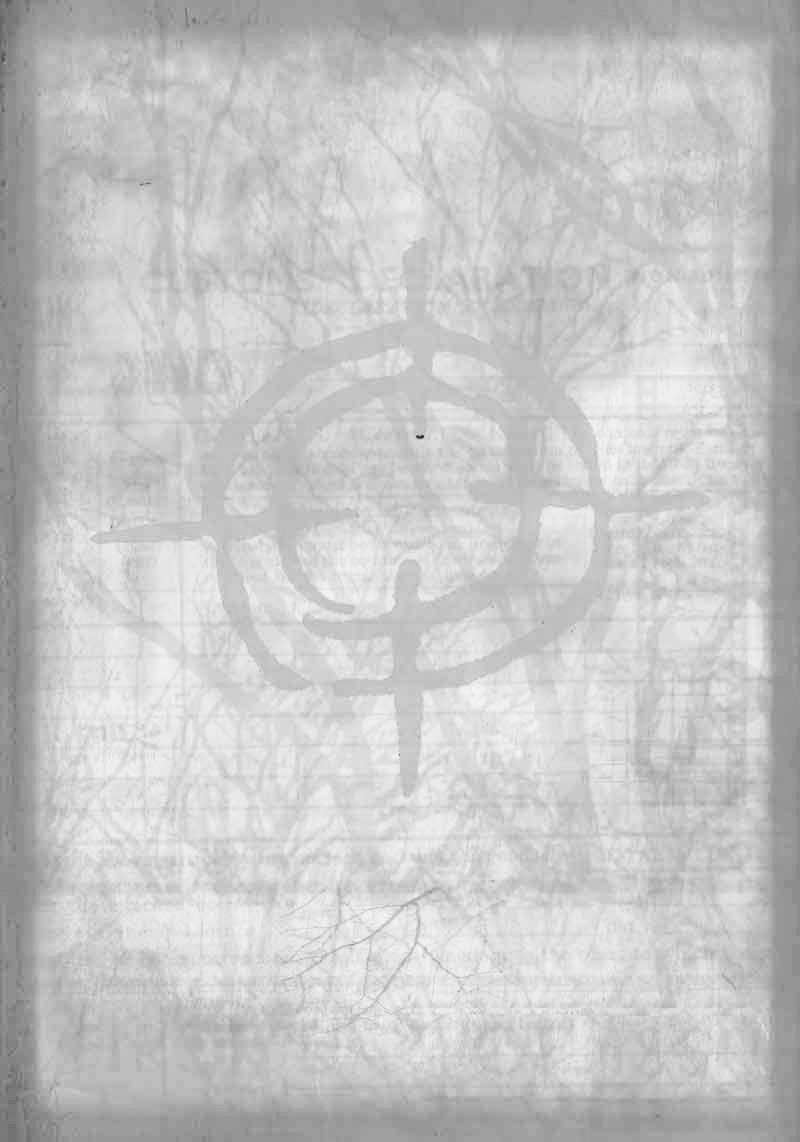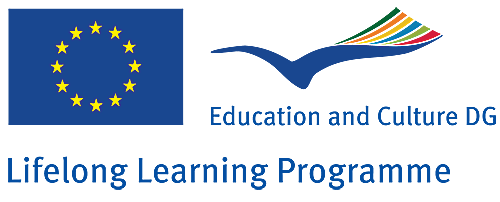
The Council of the Culture Reservation PACE meeting June 1st – June 3rd 2014 How can we think together? How can we share and develop common values based on our understanding of the present European crisis? Where can we go from here to form an integral collaboration that develops the connections between artists and the civil society? These were the starting questions from the 3-day workshop hosted by Teatermaskinen in The Culture Reservation, our imaginary land based on art, research and life-long learning practices. The meeting was set in the frame of the Resistance Party which meant all participants were welcome to join an artistic programme including performances, lectures, concerts on the themes: CRISIS, GENDER, HERITAGE, FUTURE. This was a way for us to introduce the working methods of Teatermaskinen and simultaneously to open a space for the PACE partners to present parts of their artistic work. This programme took place between May 27th until June 1st. The programme constituted a frame for our common PACE workshop. During three days we centered the questions of constituting an international network based on the fields of art, research and life-long learning. During day 1 we mapped fields of collaboration in a common process. Based on this common overview, we started in working-groups and held a day-long workshop situation where all participants joined all the groups and put their input into the process of giving content and form to these main fields. In the third day, we summoned the reports from each of the groups and processed them in a second common workshop. Together we explored and created a mutual understanding of each of these fields and what kind of needs we needed to meet. This lead to the development of three possible central roles for the network as well as a possible levellation on how to work together on a long-term basis. This model of collaboration and knowledge exchange is now the centre of the co-operation after the finalization of the PACE project. During the entire PACE project there has been an ongoing exchange between the local and the international levels. Thematic approach to the Crisis situation: The Crisis in all its aspects have had a strong impact on our region as well as on the European level. It concerns unemployment, social exclusion, xenophobia, democratic deficit in all possible variables. Together with the students we have produced performances and exhibitions addressing these subjects from several different angles. We have worked thematically with each individual´s life experience and parallely discussed this on a structural level. We have made a 14 hour long performance on the history of our village put in a national and international context where many of the students have been heavily involved. We have made two festivals where the crisis issues have been specifically addressed, co-produced and co-programmed by the students. We have worked with the survival questions for the arts and put it in relation to long-term sustainability, the need for new financial models, the task to create your own position based on your dreams for the future. By this, our intention has been an ongoing learning process where trainers and trainees learn together. Where knowledge is welcomed and shared in non-hierarchal structures. Where we have emphasized experience and knowledge as the key to individual and common development. This way we are now in a situation where we run a pilot process on how to work with learning models based on practical training and practical work that is continuously intellectualized in different working groups and clusters. This is ongoingly put in relation to local, regional, national and international contexts. In this work, the PACE process has been a valuable tool to understand better the diverse contexts and experiences made in Porto, Rome, Dublin, Paris. What we hope for now, is the possibility to carry this work further through a long-term collaboration process with the partners of PACE and other organizations around us who believe in the strong connections between the arts, life-long learinng, research and dissemination in an ongoing interaction with local stakeholders in all countries and in a constant dialogue with the citizens. We do think better together.
|
with the support of the european commission EACEA - Programme Grundvig
|

